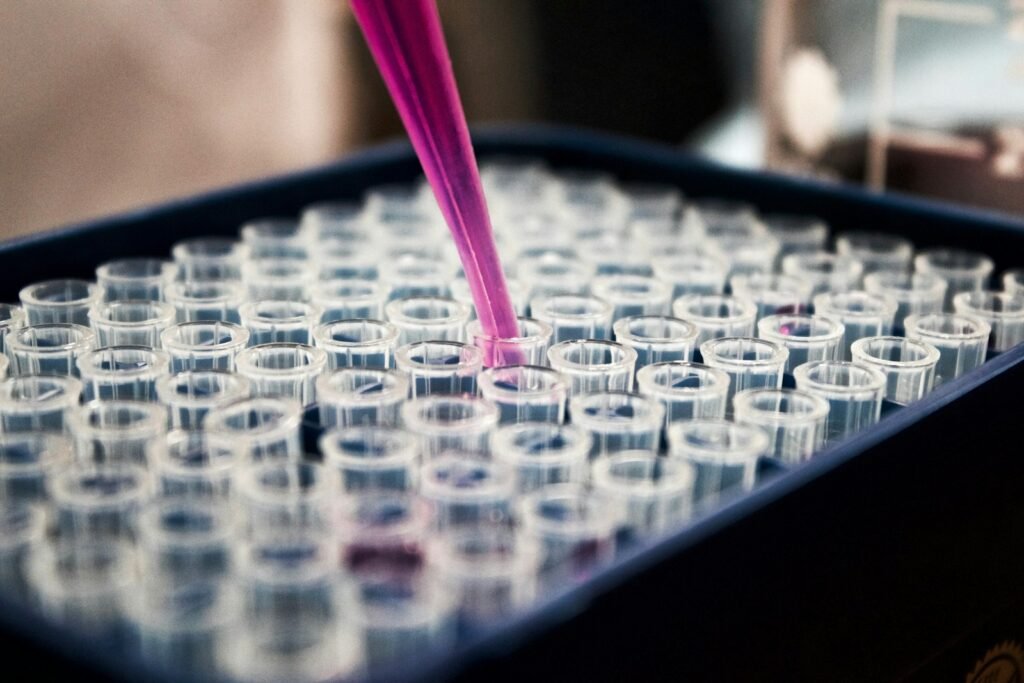In recent years, microbiome labs have emerged as hubs of cutting-edge research with the potential to revolutionize healthcare. These specialized laboratories study the trillions of microorganisms living in and on the human body, with a particular focus on gut bacteria. For those working in these labs, the investigation into the microbiome is more than just a scientific endeavor—it’s an exploration into the unseen dynamics that significantly impact health and disease management.
The Role of a Microbiome Lab

Microbiome labs are dedicated facilities where researchers dive into the world of microbes, aiming to understand their interactions, functions, and effects on their hosts. Researchers focus on identifying different bacteria, mapping their genomic sequences, and understanding how these microorganisms interact with each other and their host. The lab environment is highly collaborative, involving microbiologists, bioinformaticians, clinicians, and sometimes even psychologists, reflecting the diverse impacts of the microbiome on overall health.
Day-to-Day Life in a Microbiome Lab

A typical day in a microbiome lab involves a mix of laboratory work and data analysis. Researchers spend time collecting and processing biological samples like feces, saliva, or skin swabs. They use advanced techniques such as DNA sequencing to identify bacterial communities and quantify their abundance. This is followed by rigorous data analysis, often employing bioinformatics tools to interpret the complex datasets generated.
The work also requires meticulous documentation and communication of results, often translating findings into reports or presentations. Collaborations are key, and researchers frequently engage in discussions with colleagues from different disciplines to gain new insights and perspectives on their work.
The Challenges and Rewards of Microbiome Research

Working in a microbiome lab is both challenging and rewarding. One of the primary challenges is dealing with the complexity of microbial ecosystems. Unlike other fields where variables can be controlled relatively easily, microbiomes involve numerous unknowns, making it difficult to draw straightforward conclusions. Additionally, researchers must be adept at managing vast amounts of data, requiring strong computational skills.
On the upside, the potential for groundbreaking discoveries makes microbiome research highly rewarding. Many researchers find the opportunity to contribute to novel breakthroughs that could transform healthcare motivating. The field is still in its infancy, which means that there’s a vast unexplored territory, ripe with possibilities for discovery and innovation.
How Gut Bacteria Could Transform Healthcare

The implications of microbiome research stretch across many areas of healthcare. Gut bacteria play crucial roles in digestion, immune function, and even mental health. By understanding these microorganisms, researchers hope to develop new treatments and preventive strategies for a wide range of conditions, including autoimmune diseases, obesity, diabetes, and mental health disorders.
One promising avenue is the development of personalized medicine approaches. By tailoring treatments based on an individual’s microbiome composition, healthcare providers could offer more precise and effective interventions. Furthermore, therapies such as probiotics and fecal microbiota transplants are already in use, and ongoing research continues to refine and expand these options.
The Future of Microbiome Research

The future of microbiome research looks promising, with advances in technology paving the way for deeper insights and broader applications. As sequencing technologies become faster and more affordable, the precision of identifying and manipulating microbiomes is set to improve. Researchers are also exploring synthetic biology approaches to engineer microorganisms that can fight diseases or improve health attributes.
The integration of microbiome science into the broader field of healthcare could lead to a shift in how we understand and treat diseases, placing greater emphasis on the microbial aspects of health. This paradigm shift promises personalized healthcare strategies, emphasizing prevention and long-term management.
Conclusion

Working in a microbiome lab offers a unique blend of scientific inquiry and impactful healthcare applications. As we continue to unveil the secrets of gut bacteria and other microorganisms, the potential for transforming healthcare is immense. Anyone involved in this research may find themselves at the forefront of medical discoveries that could redefine how we prevent, diagnose, and treat diseases in the future.




